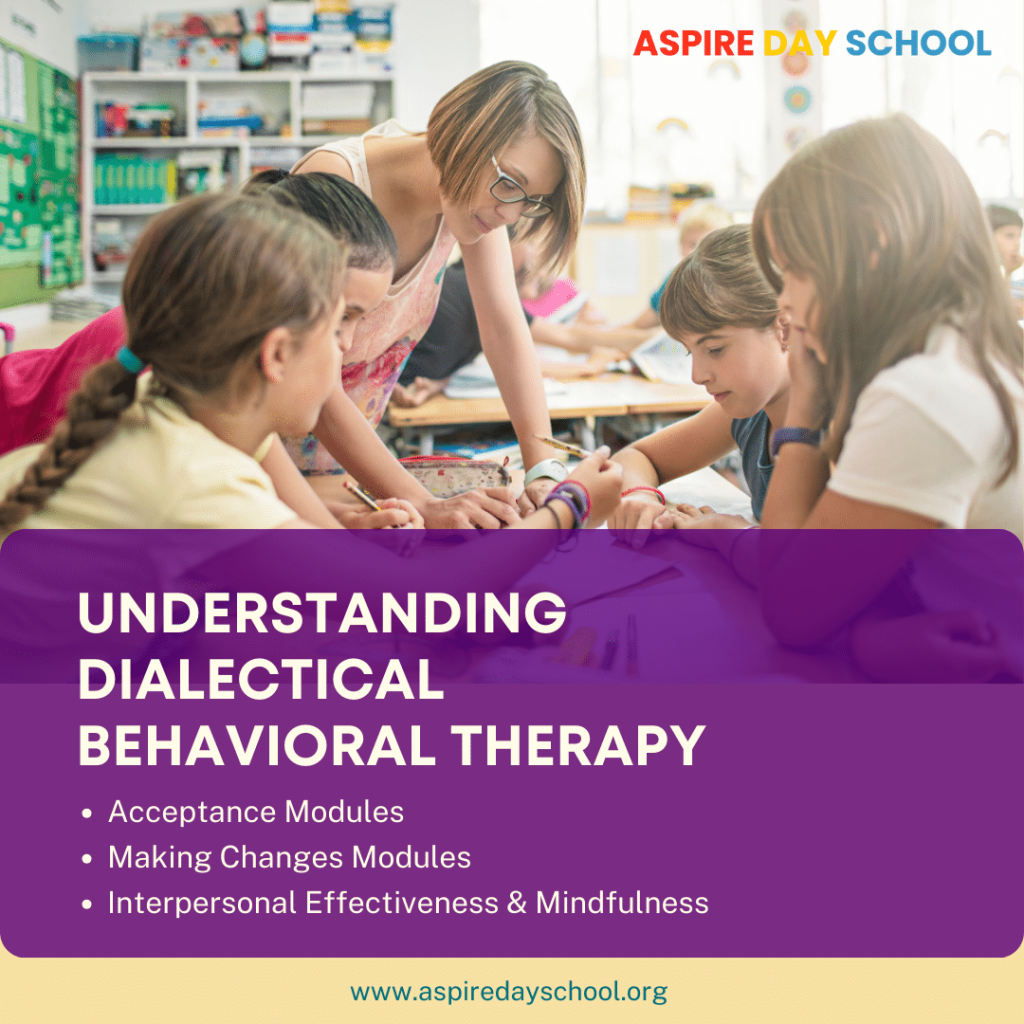Dialectical Behavior Therapy (DBT), a therapeutic modality developed by Marsha Linehan, has emerged as an invaluable resource for addressing emotional dysregulation and behavioral challenges in children and adolescents. The nuanced principles of DBT, originally designed for individuals grappling with borderline personality disorder, have found applicability across a spectrum of mental health issues, particularly among younger populations. This exposition delves into the intricacies of DBT as it pertains specifically to children, elucidating its techniques, theoretical underpinnings, and the anticipated outcomes for its practitioners and beneficiaries alike.
The Amplified Significance of DBT for Younger Audiences
Dialectical Behavior Therapy is grounded in the integration of cognitive-behavioral techniques with concepts derived from dialectical philosophy. The focus on the synthesis between acceptance and change creates a fertile ground for emotional development in children, who often struggle with regulatory capacities. For children with heightened levels of emotional sensitivity, DBT offers structured skills training designed to enhance emotional intelligence, interpersonal effectiveness, distress tolerance, and mindfulness skills.
As children mature, their ability to narrate and comprehend intricate emotional experiences also evolves. Through the utilization of DBT, facilitators can implant skills that enable children to articulate their feelings and navigate social dynamics effectively. This is particularly relevant given that emotional dysregulation often manifests as aggression, anxiety, or withdrawal, which can impede a child’s social interactions and academic performance. DBT, therefore, equips young individuals with pragmatic tools that promote resilience and adaptive functioning.
The Core Tenets of DBT: A Custom-Fit Approach for Children
At the heart of Dialectical Behavior Therapy lies a framework that emphasizes four essential skill sets: mindfulness, distress tolerance, emotional regulation, and interpersonal effectiveness. Each of these competencies plays a pivotal role in empowering children to manage their emotions and behaviors in a constructive manner.
Mindfulness serves as the cornerstone of DBT, fostering an awareness of the present moment. For children, mindfulness can manifest through simple practices such as focused breathing, body scans, or sensory observations, which not only promote self-awareness but also cultivate a serene mental landscape in the face of overwhelming emotions. The ability to ground oneself in the present can significantly temper episodes of anxiety or anger, thereby enhancing overall well-being.
Distress tolerance, another skill infused within DBT, equips children with strategies to endure painful emotions without resorting to maladaptive behaviors. Techniques such as self-soothing and radical acceptance empower young individuals to face discomfort with resilience. For instance, a child who may feel overwhelmed during a stressful school situation can utilize taught techniques to navigate their feelings rather than succumbing to impulsive reactions.
Emotional regulation emerges as a vital asset in helping children identify, understand, and manage their emotional responses. DBT introduces children to concepts of emotional awareness and adaptive coping strategies, encouraging them to see emotions as transient experiences rather than insurmountable obstacles. By fostering emotional literacy, children become adept at recognizing triggers and employing coping mechanisms that uphold their mental health.
Interpersonal effectiveness training encapsulates the final chapter of DBT skills. Children learn how to communicate their needs assertively, maintain self-respect, and nourish their relationships with peers and adults. Facilitators emphasize role-playing scenarios where children can practice these skills in a safe environment, ultimately preparing them to navigate the complexities of social interactions and fostering a sense of belonging.
Implementation of DBT in Child-Centric Settings
When integrating DBT principles into therapeutic contexts designed for children, practitioners must tailor interventions to account for developmental appropriateness. A significant pursuit involves collating treatment strategies with activities that engage children’s interests and cognitive levels. Group therapy formats are often employed, facilitating interaction among peers with similar experiences while enhancing the communal aspect of learning.
Furthermore, parental involvement is paramount in the DBT process for children. The engagement of caregivers can bolster the therapeutic process by providing consistent support and reinforcement of learned skills in home environments. Caregivers can be educated in DBT principles through workshops, enabling them to cultivate a home atmosphere conducive to emotional growth and stability. This collaborative approach reinforces the notion that emotional education extends beyond therapy into daily life.
Anticipated Outcomes: Beyond Just Coping Skills
As anticipated, the introduction of Dialectical Behavior Therapy into the lives of children holds the promise of transformative life changes. The successful acquisition of coping mechanisms fosters not only emotional resilience but also enhances overall interpersonal relationships. As children become adept in emotional regulation, one can expect reductions in externalizing behaviors, leading to improved academic performance and a healthier social standing.
In addition, equipping children with DBT skills instills a sense of agency—an understanding that they possess the capacity to influence their emotional landscapes. This realization is fundamentally empowering, transforming the narrative children hold regarding their mental health from one of helplessness to proactive management. Through the scaffolding of DBT, children learn that they can navigate challenges and actively engage in their emotional well-being.
In closing, the significance of Dialectical Behavior Therapy as a resource for addressing the multifaceted emotional struggles of children is unequivocal. With its focus on skill acquisition, emotional awareness, and interpersonal dynamics, DBT cultivates an environment where youth can thrive emotionally and socially. As individuals in a position to effect change, stakeholders within mental health settings must continue advocating for the integration of these valuable skills into therapeutic practices for our younger generations.
